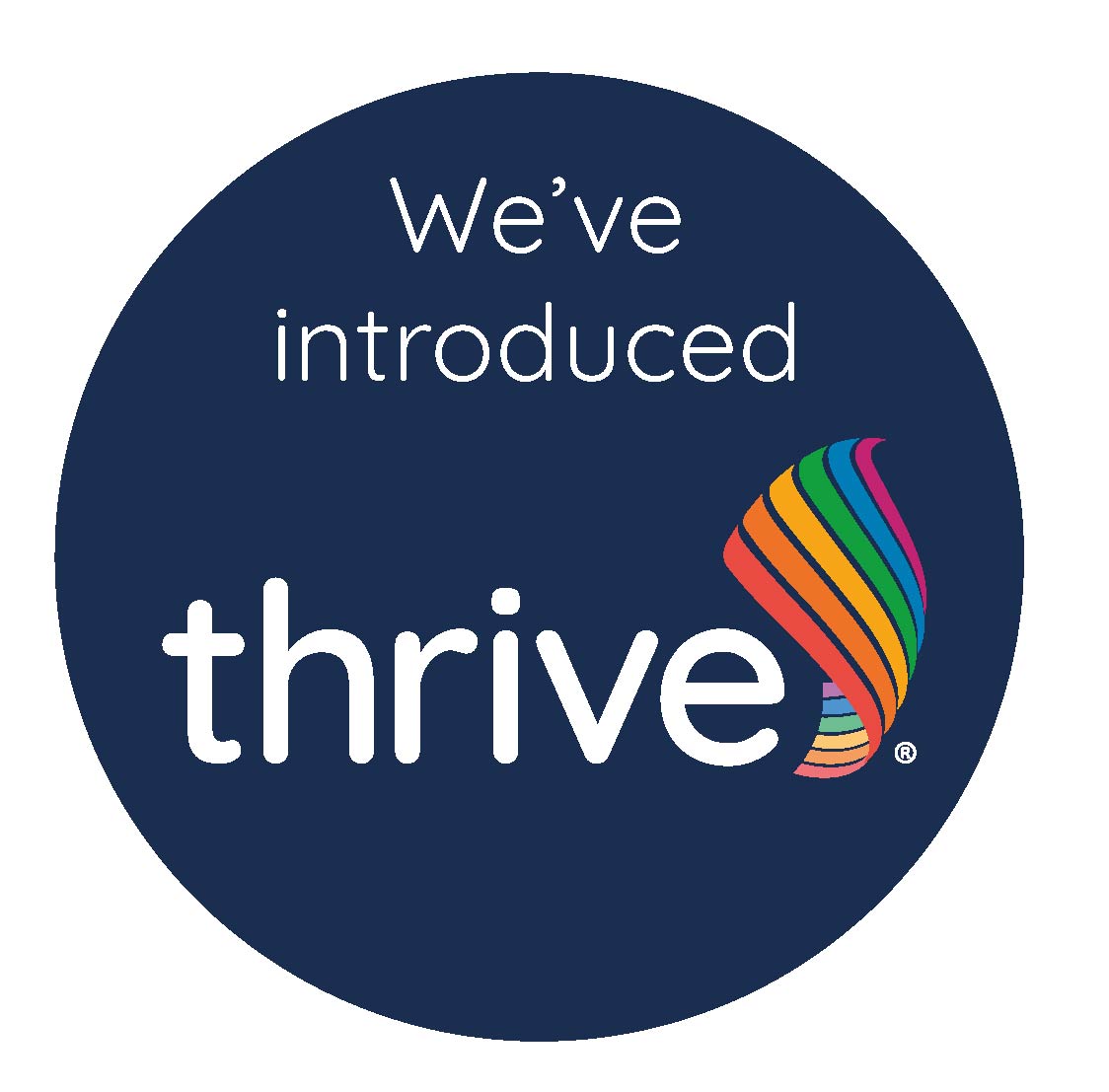Computing

Curriculum Intent
The computing curriculum aims to equip students with the skills to participate in a rapidly-changing world through challenging and engaging topics.
Students will develop an understanding and application of the fundamental principles of computer science, digital media and information technology.
Computing skills are a major factor in enabling children to be confident, creative and independent learners, and it is our intention that children have every opportunity available to allow them to achieve this.
- To provide a computing curriculum that develops pupil’s learning and results in the acquisition of knowledge of the digital world around them, that prepares pupils to live safely in an increasingly digital society.
- Develop a learner’s knowledge, skills and understanding through key computational concepts and experience. So that they will become confident and robust problem solvers.
- The KS3 curriculum has been designed to ensure learners have sufficient knowledge to stay safe online and use computers safely in life.
- The KS3 curriculum also provides a focus on developing resilient learners who think in a more logical way, are able to recover from mistakes and effectively solve problems.
- Learners have the opportunity to develop their capabilities, creativity and knowledge in computer science, digital media and information technology.
- KS3 will develop skills in programming, problem-solving and analytical thinking. This provides students with a range of transferable skills.
The KS3 Computing curriculum has computer science, digital media and information technology at its core. Pupils develop computational thinking skills and create algorithms to solve real life problems whilst also developing their computer programming skills. Students benefit from learning how to use a range of digital technologies so that they can develop digital products appropriate to selected audiences.
Throughout their time in Key Stage 3, students are taught how to use digital technologies in a safe and responsible manner.
Students will develop knowledge and understanding of how creative media has changed the way people interact with technology in their daily lives, learning about appropriate uses of software, malicious use of software and the damage it can cause, and the safe and responsible use of ICT used within creative media.
They will learn how creative media can affect the quality of life experienced by persons with disabilities and the responsibility to meet individuals’ access requirements.
Students learn to appreciate that creative media contributes to the development of our culture and to our highly technological future and to show cultural awareness.
Curriculum Overview
Click on the document at the bottom of this page to view an easy read version of the full curriculum overview



OCR Computer Science
Computer Science is a modern, fascinating subject. The world depends on computers. In this GCSE you will learn about how computers work, the networks they use and how programming can create solutions to everyday problems and future challenges and combined with other subjects can open up a whole world of opportunities.
Topics
Component 01: Computer systems
Introduces students to the central processing unit (CPU), computer memory and storage, data representation, wired and wireless networks, network topologies, system security and system software. It also looks at ethical, legal, cultural, and environmental concerns associated with computer science.
Component 02: Computational thinking, algorithms, and programming
Students apply knowledge and understanding gained in component 01. They develop skills and understanding in computational thinking: algorithms, programming techniques, producing robust programmes, computational logic, and translators.
Practical programming
Students are to be given the opportunity to undertake a programming task(s) during their course of study which allows them to develop their skills to design, write, test, and refine programmes using a high-level programming language. Students will be assessed on these skills during the written examinations, in particular component 02 (section B).
Course Structure
The course structure consists of 2 summative assessment exams, Computer systems and Computational thinking, algorithms, and programming. Each are equally weighted, 50% of the final mark for each paper. Each paper is 1 hour 30 minutes and has 80 marks allocated.
Additional Information & Who to contact
Click here to view the OCR Computing Specification
If you require any further information or have any questions, then please contact Mr Bainbridge on heworthgrangeenquiries@consilium-at.com
Creative iMedia Cambridge National
Overview
Our Cambridge National in Creative iMedia equips students with the wide range of knowledge and skills needed to work in the creative digital media sector. They start at pre-production and develop their skills through practical assignments as they create final multimedia products.
Depending on the options chosen, a student will develop a range of skills in the use of digital packages. This will enable them to express their own creativity when designing a creative and digital media solution – for example creating a video trailer to advertise a forthcoming film.
This qualification is for students aged 14–16 who can think creatively and innovatively to produce Creative iMedia products.
Topics
All students will study two, mandatory, topics.
The first topic will focus on developing the students’ understanding of preproduction skills that are used in the creative and digital media sector. Meeting the needs of the client, planning, and creating preproduction documentation and reviewing output, will all feature heavily in this first topic.
The second topic of study will build on the first, enabling students to demonstrate preproduction skills and techniques as they plan and create new digital graphics to meet a specific client brief. Knowledge and understanding will be reinforced and enhanced as students create their own unique digital graphic solution.
In addition, students will have a choice of two optional topics to study from the following areas: creating 2D and 3D digital characters and storytelling with a comic strip multipage website creation, digital animation and interactive multimedia product creation creating a digital sound and video sequence digital photography designing and developing digital game concepts.
Course Structure
- The course consists of four units for level 2 and 2 units for level 1. There are 2 mandatory units –
- Pre-production skills and creating digital graphics.
- For a level 2 qualification there are a further 2 optional units as indicated above.
- Each unit has an equal weighting of 25%.
- There is an external exam for pre-production skills which counts for 25% of the final grade for Level 2 (50% for level 1).
- All students will be expected to initially follow the level 2 option.
Additional Information & Who to contact
Click here to view the Creative iMedia Specification
If you require any further information or have any questions, then please contact Mr Bainbridge on heworthgrangeenquiries@consilium-at.com




